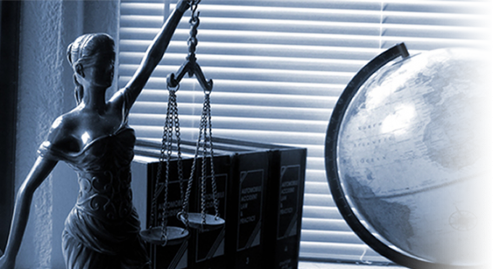“Artificial intelligence (AI) – a broad concept used in policy discussions to refer to many different types of technology – greatly influences and impacts the way people seek, receive, impart and access information and how they exercise their right to freedom of expression in the digital ecosystem. If implemented responsibly, AI can benefit societies, but there is a genuine risk that its deployment by States and private companies, such as internet intermediaries, could have a deteriorating effect on human rights… [This Paper] maps the key challenges to freedom of expression presented by AI across the OSCE region, in light of international and regional standards on human rights and AI. It identifies a number of overarching problems that AI poses to freedom of expression and human rights in general, in particular: (a.) The limited understanding of the implications for freedom of expression caused by AI, in particular machine learning; (b.) Lack of respect for freedom of expression in content moderation and curation; (c.) State and non-State actors circumventing due process and rule of law in AI-powered content moderation; (d.) Lack of transparency regarding the entire process of AI design, deployment and implementation; (e.) Lack of accountability and independent oversight over AI systems; and, (f.) Lack of effective remedies for violation of the right to freedom of expression in relation to AI. This Paper observes that these problems became more pronounced in the first months of 2020, when the COVID-19 pandemic incentivized States and the private sector to use AI even more, as part of measures introduced in response to the pandemic. A tendency to revert to technocratic solutions, including AI-powered tools, without adequate societal debate or democratic scrutiny was witnessed. Using four specific case studies (“security threats”; “hate speech”; media pluralism and diversity online; and the impact of AI-powered State surveillance on freedom of expression), this Paper shows how these problems manifest themselves. This Paper concludes that there is a need to further raise awareness, and improve understanding, of the impact of AI related to decision-making policies and practices on freedom of expression, next to having a more systematic overview of regional approaches and methodologies in the OSCE region. It provides a number of preliminary recommendations to OSCE participating States and internet intermediaries, to help ensure that freedom of expression and information are better protected when AI is deployed.”

